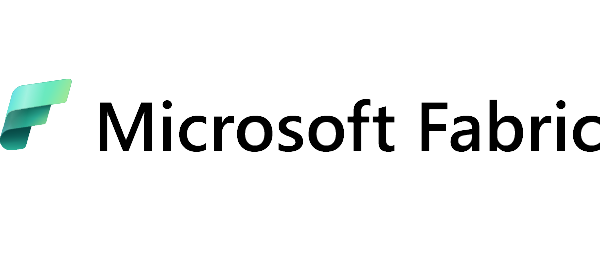
In the age of artificial intelligence, data has become the new gold. Proper processing, analysis and management are crucial to success in many industries. One tool that significantly facilitates these processes is Microsoft Fabric. What exactly is MS Fabric, and how can you use this tool in your daily work with data? Let’s take a closer look.
What is MS Fabric?
MS Fabric is an advanced analytics platform developed by Microsoft that aims to simplify and automate data management processes. It enables companies to use their data assets better while increasing operations’ efficiency and accuracy.
MS Fabric was developed in response to the growing demand for tools to manage large data sets. Microsoft has been investing for years in developing technologies that help companies better manage their data, and MS Fabric is one of the key elements of this strategy.
The use of artificial intelligence in analytics tools
In today’s world, artificial intelligence (AI) plays a crucial role in analytics tools, including Microsoft Fabric. AI rewolucjonizuje sposób, w jaki firmy przetwarzają, analizują i wykorzystują dane, umożliwiając bardziej precyzyjne i szybkie podejmowanie decyzji.
Critical aspects of using AI in Microsoft Fabric:
- Analysis automation
AI in Microsoft Fabric enables the automation of many analytical tasks, such as identifying patterns, detecting anomalies, and predicting trends. The platform can perform complex analyses autonomously, saving time and resources thanks to machine learning algorithms.
- Predictive analysis
AI allows the creation of predictive models that help predict future events based on historical data. For example, companies can forecast product demand, assess financial risk or predict customer behaviour, allowing for better business planning and strategy.
- Machine Learning
Microsoft Fabric integrates machine learning tools to create and deploy ML models. Users can train models on their data and then use them to recognise patterns and make decisions automatically. This increases the precision of analyses and allows for more sophisticated data use.
- Natural language processing (NLP)
Natural language processing (NLP) is where AI significantly impacts data analytics. With NLP, Microsoft Fabric can analyse and interpret textual data such as customer feedback, product reviews or comments on social media. This allows companies to understand their customers’ needs and expectations better.
- AI-assisted data visualisation
Artificial intelligence in Microsoft Fabric also supports advanced data visualisation. Tools such as Power BI use AI algorithms to automatically create visualisation recommendations that best represent the data being analysed. This makes it quick and easy for users to create clear and informative reports.
- Business process optimisation
AI in Microsoft Fabric helps optimise various business processes, from supply chain management to financial operations. Real-time data analysis and AI-enabled forecasting allow companies to adjust their operations on the fly, minimising costs and maximising efficiency.
- Personalising the customer experience
Through artificial intelligence, Microsoft Fabric enables companies to personalise the customer experience on an unprecedented scale. Analysing customer data combined with recommendation algorithms enables the delivery of personalised offers and communications, increasing customer engagement and loyalty.
Using artificial intelligence in analytics tools, such as Microsoft Fabric, significantly increases the value of data and opens up new business opportunities. AI allows for deeper and more comprehensive data analysis, resulting in better business decisions and greater market competitiveness.
If you would also like to benefit from modern analytics tools, please get in touch with us at info@ebisgroup.com



